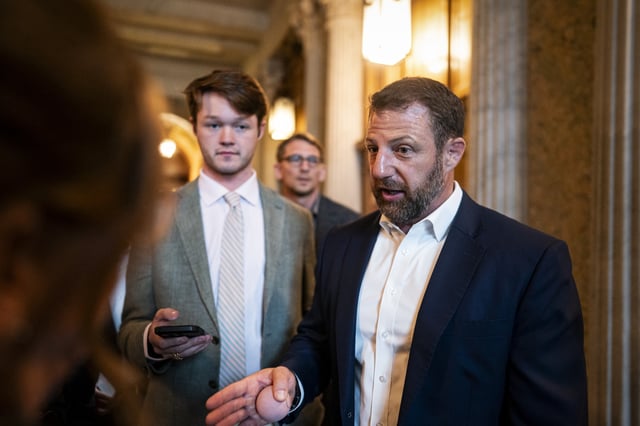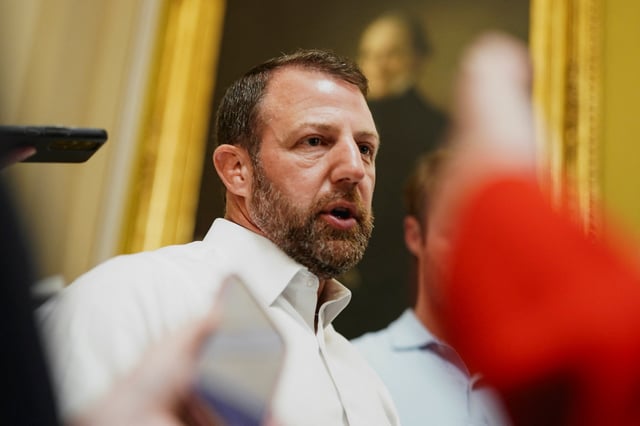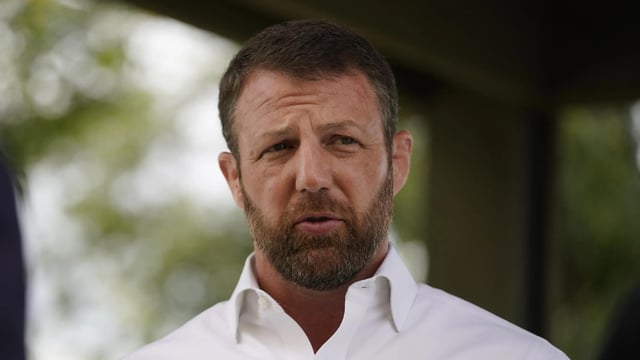Overview
- The Supreme Court’s 6-3 ruling on June 27–28 ended the practice of nationwide injunctions, allowing parts of President Trump’s executive order on birthright citizenship to take effect where courts have not blocked it.
- Trump’s order seeks to deny citizenship to children born on U.S. soil to undocumented immigrants by reinterpreting the “subject to the jurisdiction” clause of the 14th Amendment, but its legality remains under challenge.
- Senator Markwayne Mullin said on June 29 that U.S.-born children of undocumented parents should accompany their parents if deported, raising fears of forced family removals and potential statelessness.
- Legal experts and the ACLU argue that U.S. v. Wong Kim Ark and the plain text of the 14th Amendment protect nearly all children born in the country and that courts have consistently rejected the administration’s narrower view.
- With over 20 states still enforcing injunctions against the order, implementation is uneven and further litigation is expected to determine its ultimate fate.


